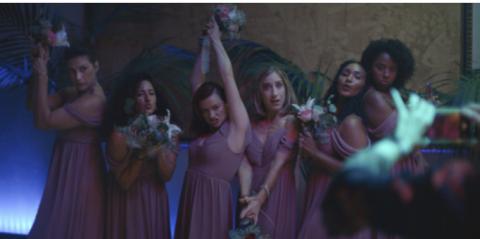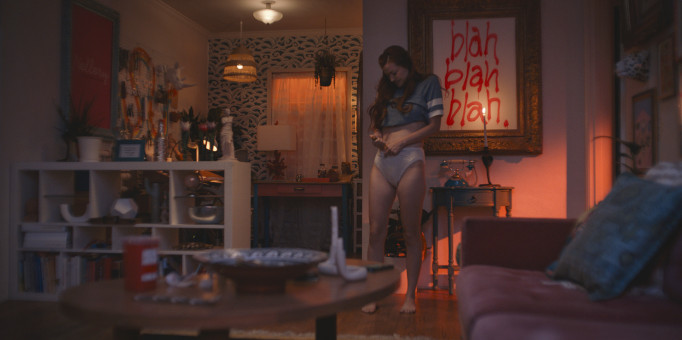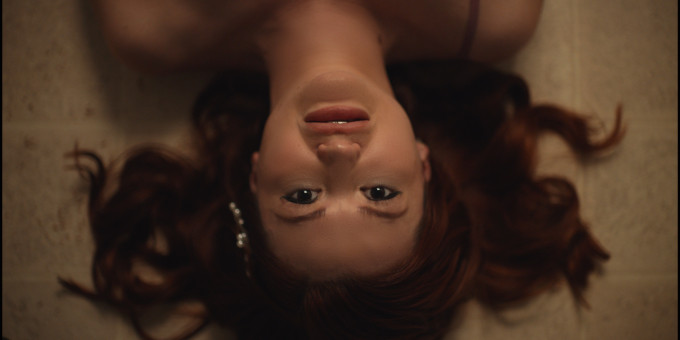‘Scrambled’ Combines Humor, Empathy to Portray the Tribulations of Adulthood

Life is messy. Some days I meet a friend’s newborn and I think about one day meeting my child. And then five minutes later, I see that same adorable child begin to pucker their lips, close their eyes shut, and let out a scream so terrifying that their parents don’t know whether to find a pacifier or call a priest. In those moments, my desire for wanting kids is dampened. Maybe I’ll have kids, maybe I won’t; but having said options is a blessing. Leah McKendrick’s Scrambled would agree.
Scrambled follows Nellie, a broke, recently single 34-year-old who doesn’t quite have everything figured out yet. She spends her weekends going to friends’ weddings and baby showers, while everyone keeps asking her the big question: When will it be her turn? After learning that she suffers from an ailment that may make it harder for her to become pregnant as she gets older, Nellie decides to freeze her eggs. Not because she wants to have kids, but as she puts it, she “wants the option to want kids.”

The word “option” is key to understanding McKendrick’s film. Scrambled is not opposed to people who decide to live child-free, and making such an argument would be in complete bad faith. Scrambled focuses its efforts on the complexity of young adulthood as explored through the passage of time. Nellie’s life is drastically changed as she now is forced to adjust her pacing to that of her biological clock. To Nellie, every day that passes signifies her losing what’s left of the upper hand.
Narratively, Nellie struggles to find cohesion in a life she feels is a stranger too. Having gone her whole adult life living one way, she finds herself reflecting on what could have been. Did she even want that life, or was she merely battling the constructs that exist for women within patriarchal institutions? She often is in battle with her father (played wonderfully by Clancy Brown) as he pressures her to deliver him grandkids one day.

McKendrick’s film is in communication with other adult coming-of-age films. Whether it is Kevin Smith’s Chasing Amy, Sam Mendes’s American Beauty, or the films of Judd Apatow, they all share one trait in common with Scrambled: humor. Said humor may be seen as politically incorrect in the context of hindsight, yet it is not a sign of a misstep in the filmmakers' writing -- rather it showcases a willingness and honesty in their exploration of self.
Scrambled is sometimes messy. The characters are often living contradictions. Nellie spends significant chunks of the film monologuing the point of the movie. The film is overwritten in some scenes and under-written in others. But in all the messiness exists delightful charm and honesty. Honesty in intent. An honesty to express. And an honesty to lay it all on the line, maybe believing if she doesn’t say it now, she’ll never be rewarded with such an opportunity again. Does it all work to the film’s benefit? Objectively no, but maybe that’s why I enjoyed Scrambled so much.
Author Bio:
Ben Friedman is a freelance film journalist and a contributing writer at Highbrow Magazine. For more of his reviews, visit bentothemovies.com, his podcast Ben and Bran See a Movie, or follow him on Instagram, Twitter, and YouTube: The Beniverse.
For Highbrow Magazine































































































































































































































































































































